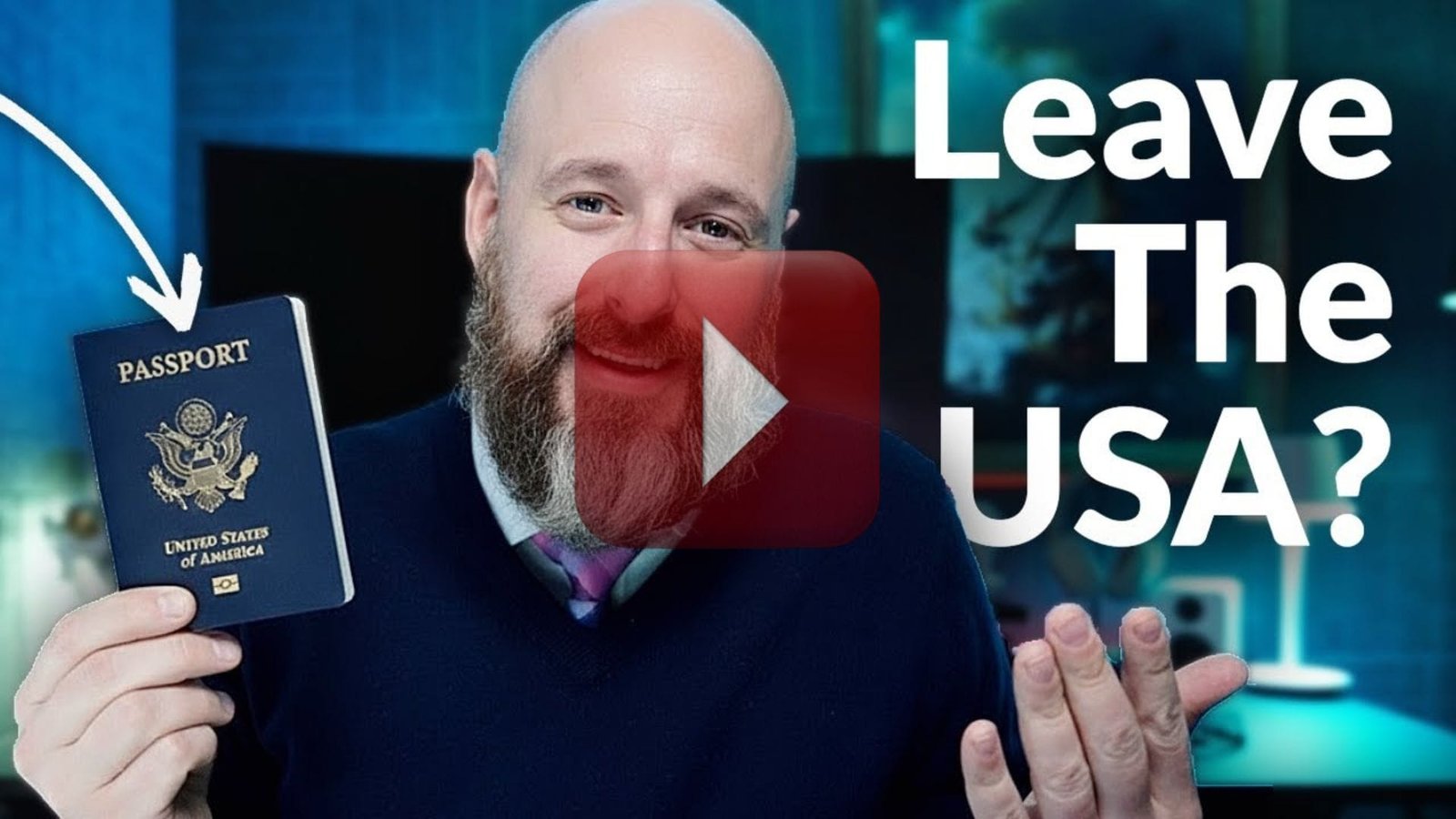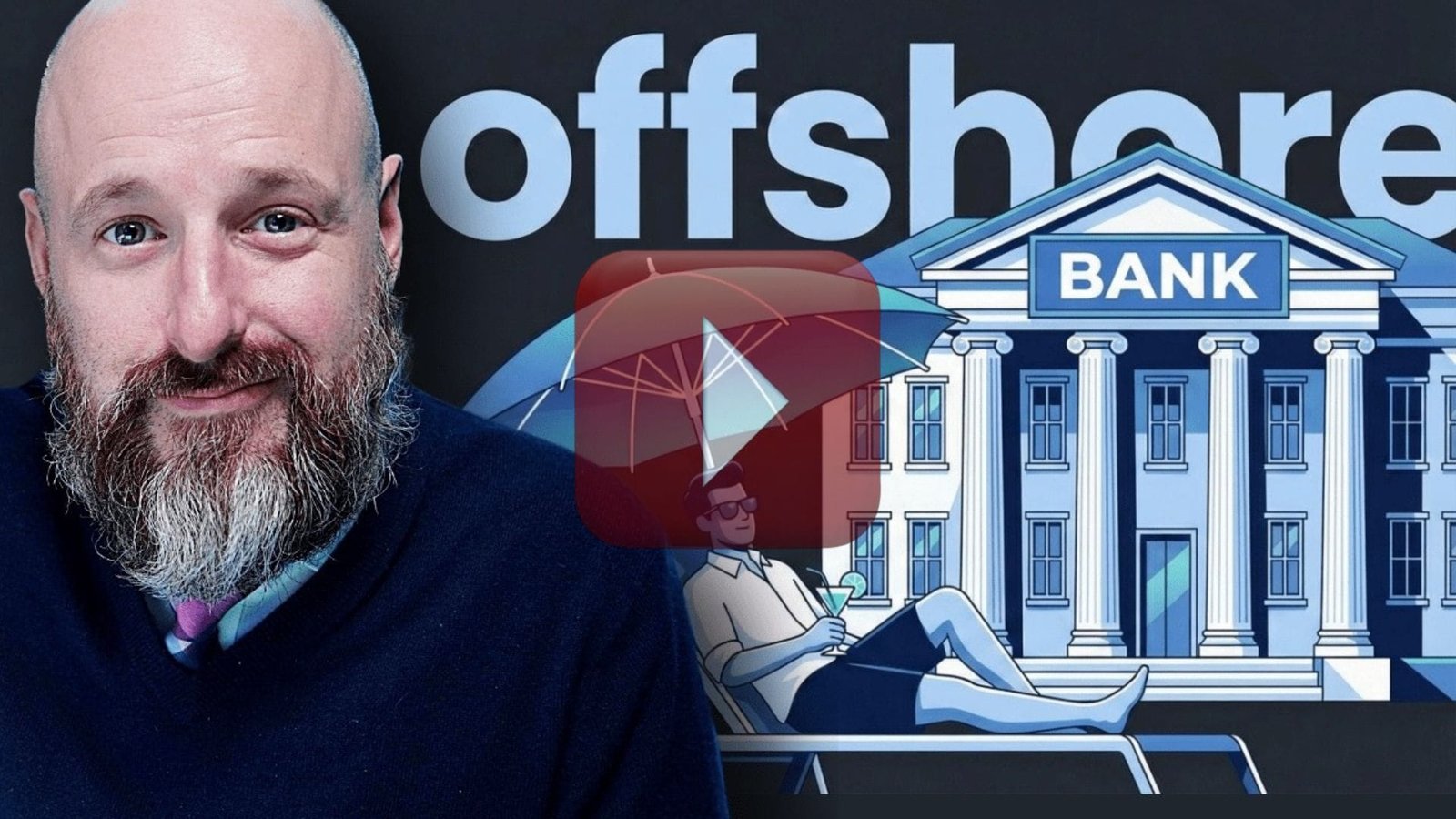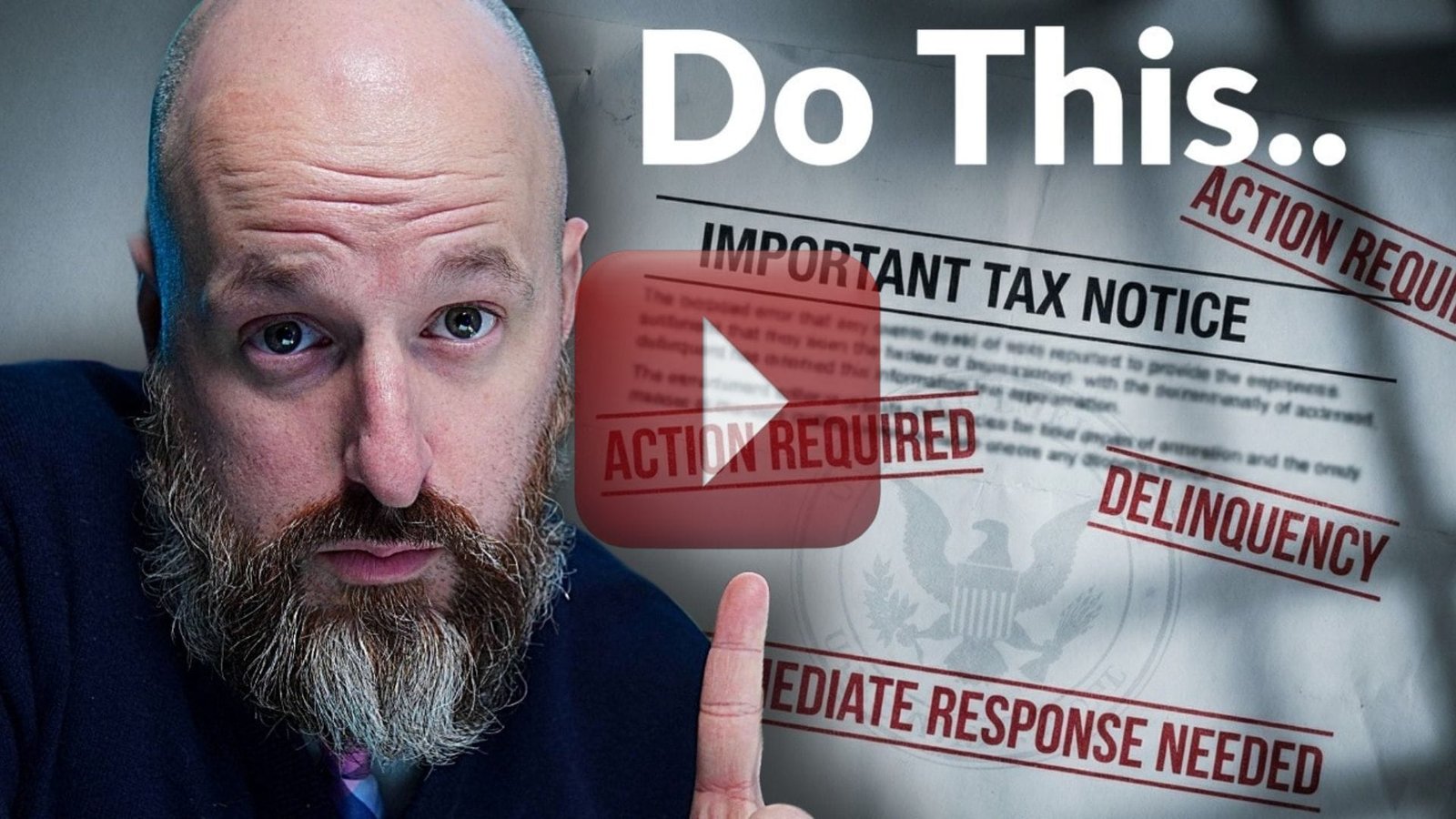
In a world where freedom and opportunity define success, it might sound unthinkable that thousands of Americans are choosing to renounce their citizenship. Yet that’s exactly what’s happening, and the trend shows no sign of slowing down as we head into 2026.
The reasons? Taxes, bureaucracy, and the pursuit of global mobility.
Let’s unpack what’s driving this exodus, and what it really means financially, legally, and emotionally.
The Real Cost of Being a U.S. Citizen Abroad
For Americans living overseas, the U.S. tax system can feel like a shadow that follows them everywhere. Unlike most countries, the United States taxes its citizens on worldwide income, regardless of where they live.
That means if you’re a digital entrepreneur earning income in Dubai or Portugal, even if you haven’t set foot in the U.S. for years, you still owe Uncle Sam.
Take Michael, an eCommerce founder who relocated to Dubai for its 0% income tax. Despite building his entire business outside U.S. borders, he’s still required to file a Form 1040, report foreign bank accounts (FBAR), and disclose foreign companies.
Then there’s Isabella in Portugal, running a remote consultancy under that country’s Non-Habitual Resident program. She pays modest local taxes but must still file U.S. returns, navigating credits, exclusions, and endless paperwork just to avoid double taxation.
For many, this constant reporting feels less like patriotism and more like punishment. And that’s when the question arises: “What if I just gave up my U.S. passport?”
What It Actually Takes to Renounce Citizenship
Giving up citizenship isn’t as simple as mailing back your passport. It’s a formal legal process that requires:
Attending an in-person interview at a U.S. embassy or consulate.
Paying a $2,350 renunciation fee (one of the highest in the world).
Signing a sworn oath affirming that you’re not doing it solely for tax avoidance.
Filing a final tax return and an Expatriation Statement (Form 8854).
Once you renounce, you’re officially no longer a U.S. person, meaning no more U.S. tax obligations (unless you continue earning U.S.-sourced income).
But before you can take that leap, you need another passport. You can’t become stateless. Many expats acquire citizenship through investment programs in countries like Panama, Portugal, or St. Kitts and Nevis before surrendering their American one.
Understanding the Exit Tax
Here’s the part most people overlook… the Exit Tax.
When you give up U.S. citizenship, the IRS treats it as if you sold all your assets the day before you renounced. That means you may owe tax on unrealized capital gains, even if you haven’t actually sold anything.
If your net worth exceeds $2 million, or your average annual tax liability is above a certain threshold (around $190,000 in 2026), you’re considered a “covered expatriate.” In that case, you’ll likely owe Exit Tax on the hypothetical profits of everything you own, from stocks to crypto to real estate.
You do get a small exemption (around $600,000 in gains), but for wealthy individuals, that barely scratches the surface.
This is why professional guidance is essential. A well-timed restructuring, for example, transferring assets to an offshore company or trust before renunciation, can dramatically reduce the taxable amount.
The Emotional Tradeoff
Let’s be honest: giving up your U.S. passport is not just a financial decision.
It’s a psychological one. For many, that blue passport represents identity, freedom, and pride. Renouncing it can feel like closing a chapter of your life… and opening one full of uncertainty.
You might gain tax freedom but lose ease of travel. Some find themselves applying for U.S. visas just to visit family or attend business meetings. Others experience a deep sense of relief, no more IRS letters, no more forms, (inhale) just peace.
It’s not for everyone, and that’s exactly the point. This choice forces you to define what freedom really means to you.
Smarter Alternatives Before You Renounce
Before you go all in and book that embassy appointment, there are several strategies that can help you legally reduce your U.S. tax burden while keeping your citizenship:
1- Use the Foreign Earned Income Exclusion (FEIE): Exclude up to around $120,000 of earned income if you live abroad full-time.
2- Claim Foreign Tax Credits: Offset U.S. taxes with taxes paid to another country.
3- Structure Through Foreign Entities: Set up compliant offshore companies to defer income.
4- Move to a U.S. Territory: Places like Puerto Rico offer special tax incentives (Section 933).
5- Plan for Dual Citizenship: Some countries allow dual status, offering flexibility without total renunciation.
These options can achieve much of the same tax relief — without giving up your citizenship entirely.
A Tale of Two Clients
James has seen both sides up close.
One client, a tech founder with dual European citizenship, finally renounced his U.S. passport after moving abroad. With two strong EU passports and no U.S.-sourced income, it made perfect sense. He instantly freed himself from complex filings and double taxation.
Another client, a consultant in Latin America, obtained U.S. citizenship, and instantly regretted it. Suddenly, every account, transaction, and business interest abroad became a disclosure item. In her case, the tax cost outweighed the benefits of that coveted U.S. passport.
Every story is unique, which is why personalized strategy matters more than ever.
In Closing: Citizenship Is a Tool, Not a Cage
Renouncing your U.S. citizenship is one of the most significant financial and emotional decisions you’ll ever make. For some, it’s liberation. For others, it’s unnecessary risk.
The key is intentional strategy, knowing how your citizenship, residency, and income intersect globally.
At James Baker CPA, we help individuals and entrepreneurs design legal, tax-efficient international structures that match their goals… whether that means moving to the U.S., staying abroad, or strategically exiting the system.
If you’re questioning what’s right for you, it’s time to talk.




